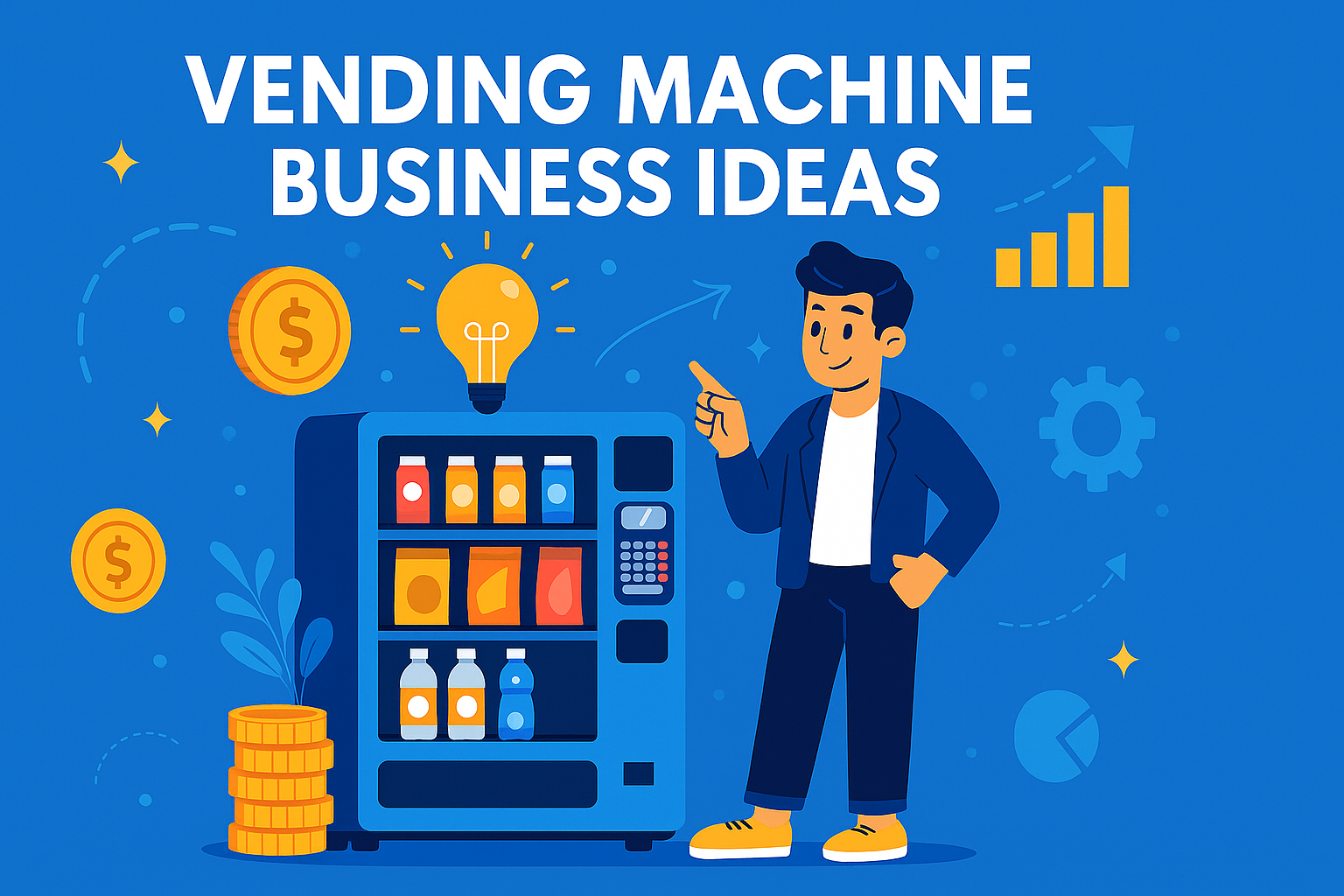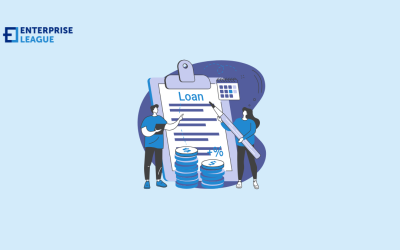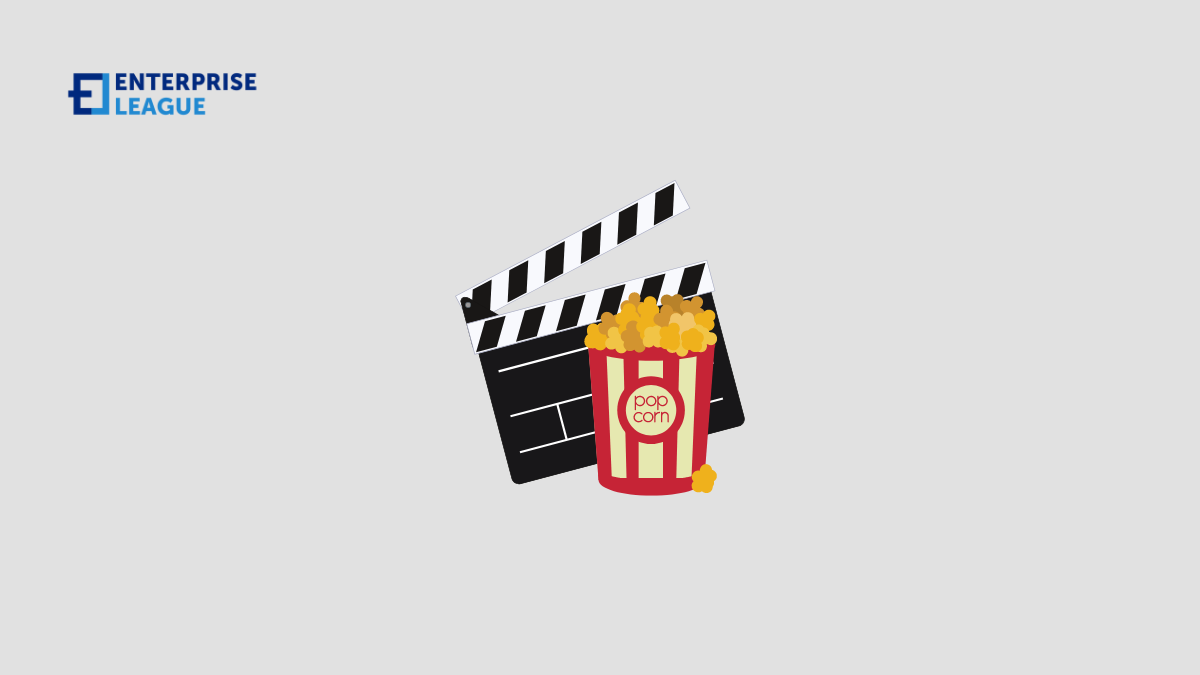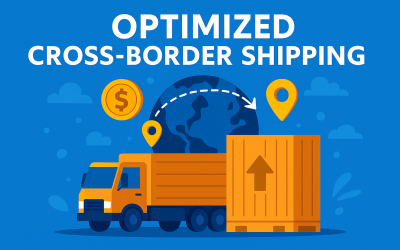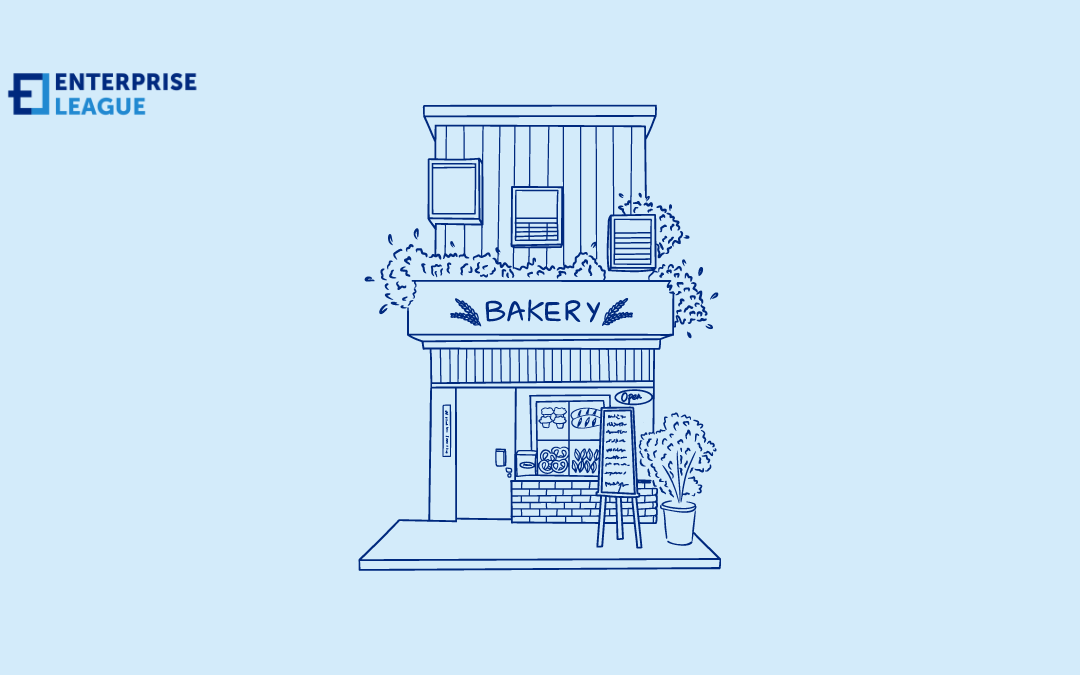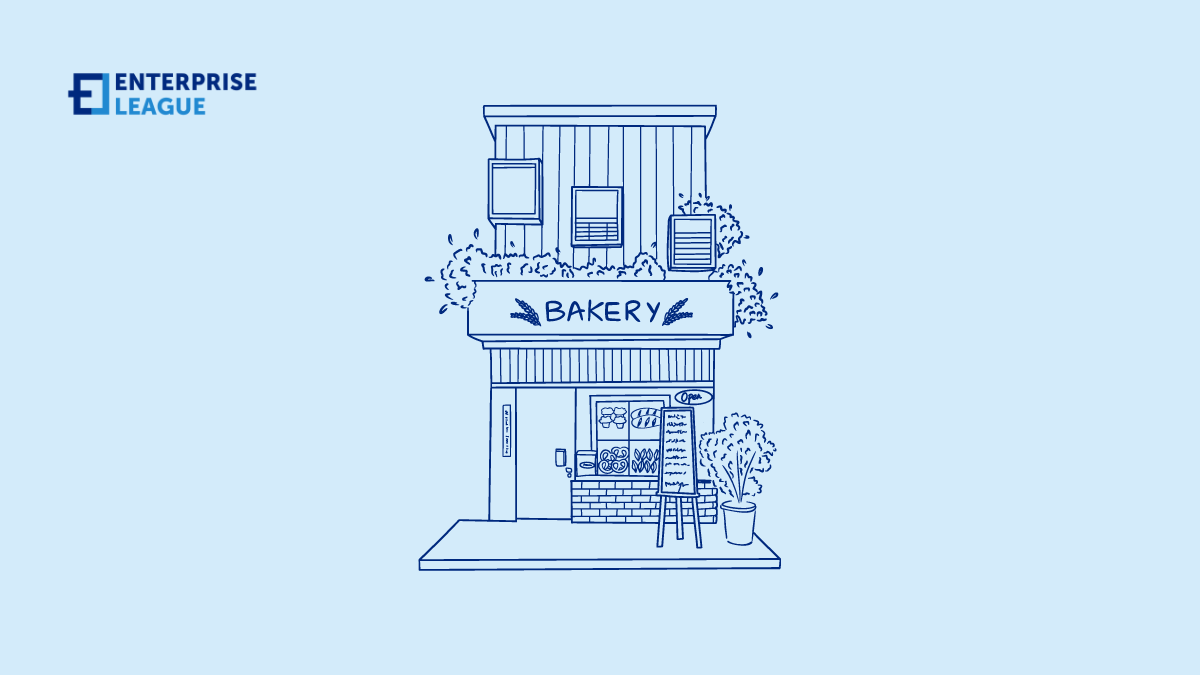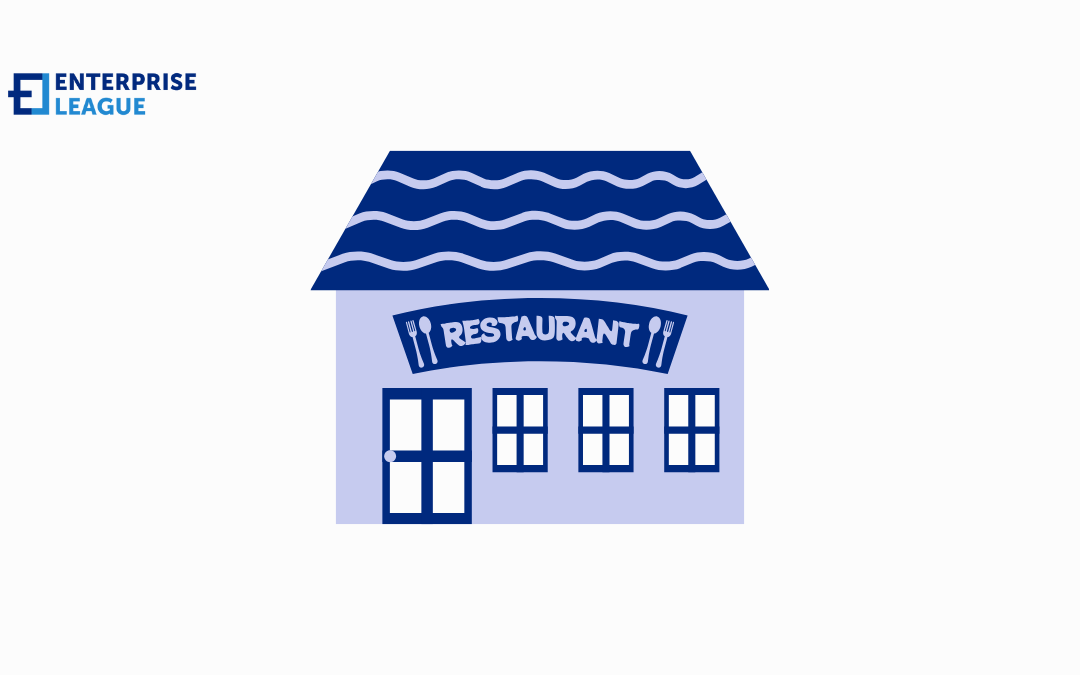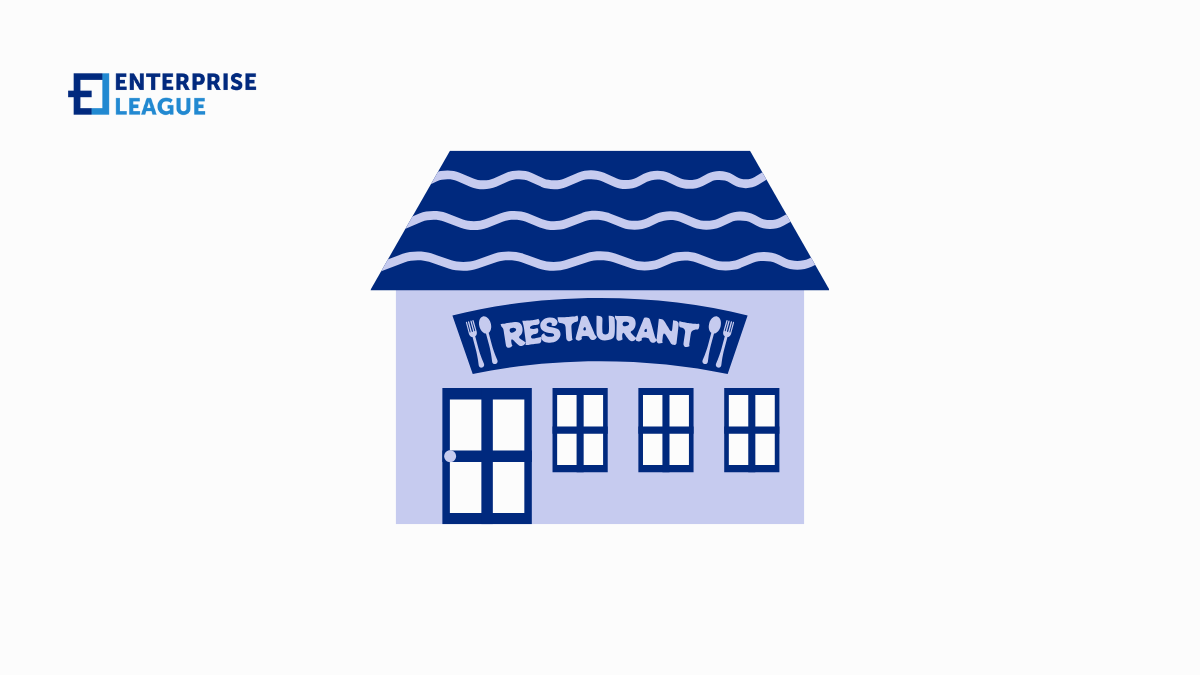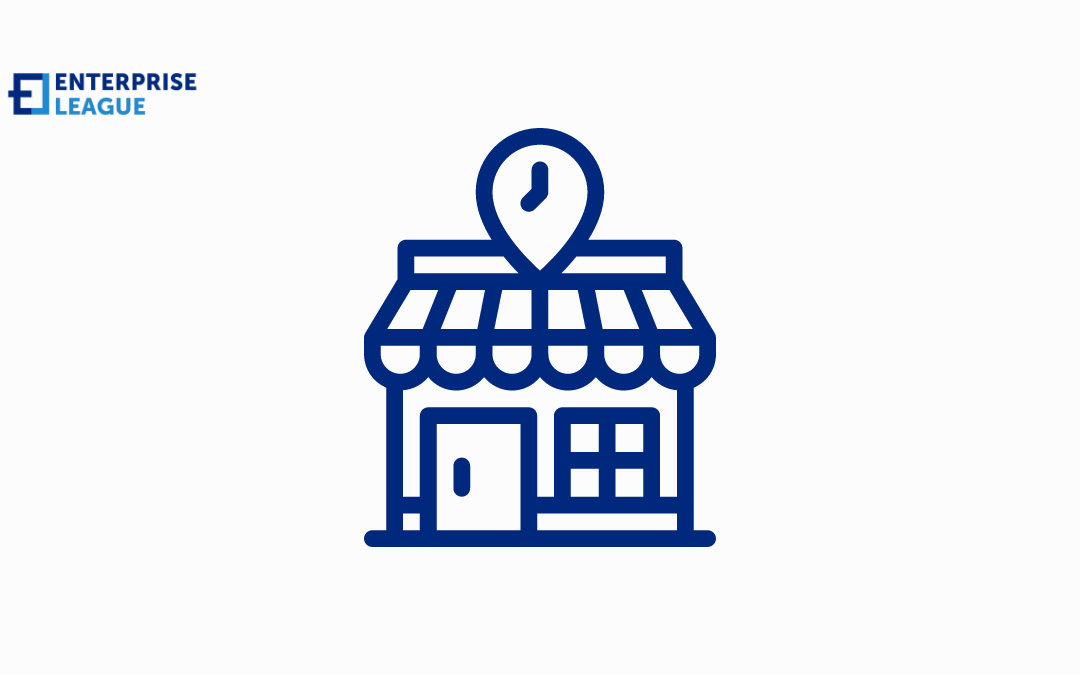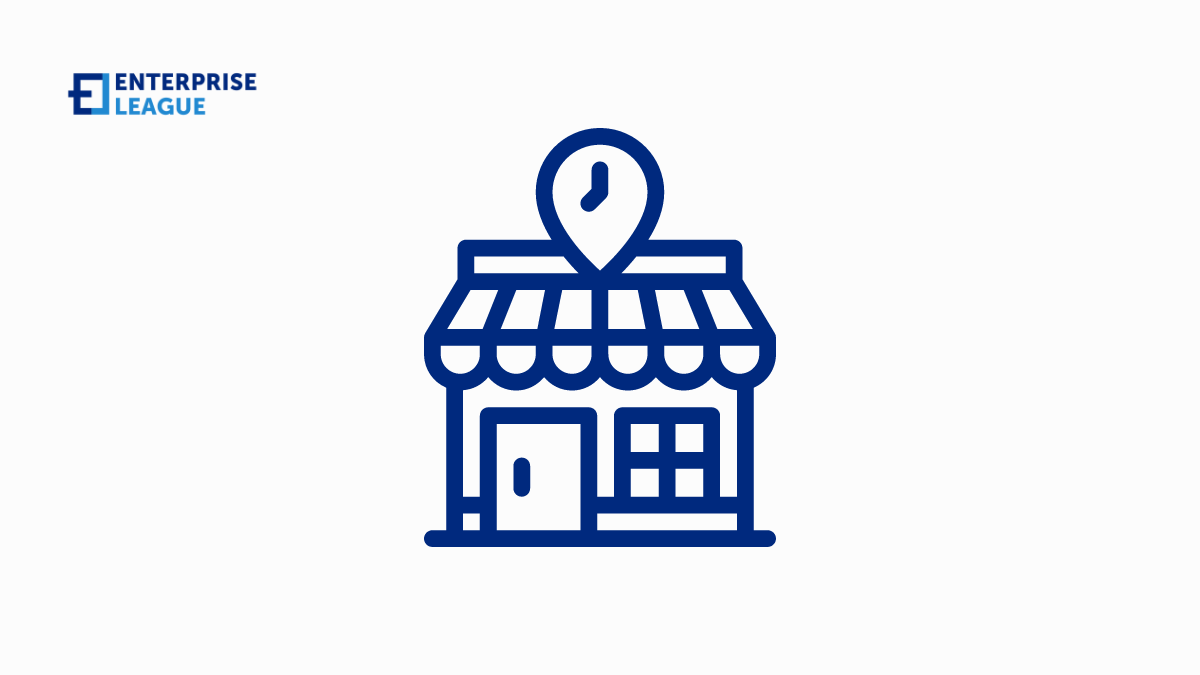Finding the right business loan can be tricky. Learn what factors matter most in 2025’s lending field and how to secure financing that works for your company.
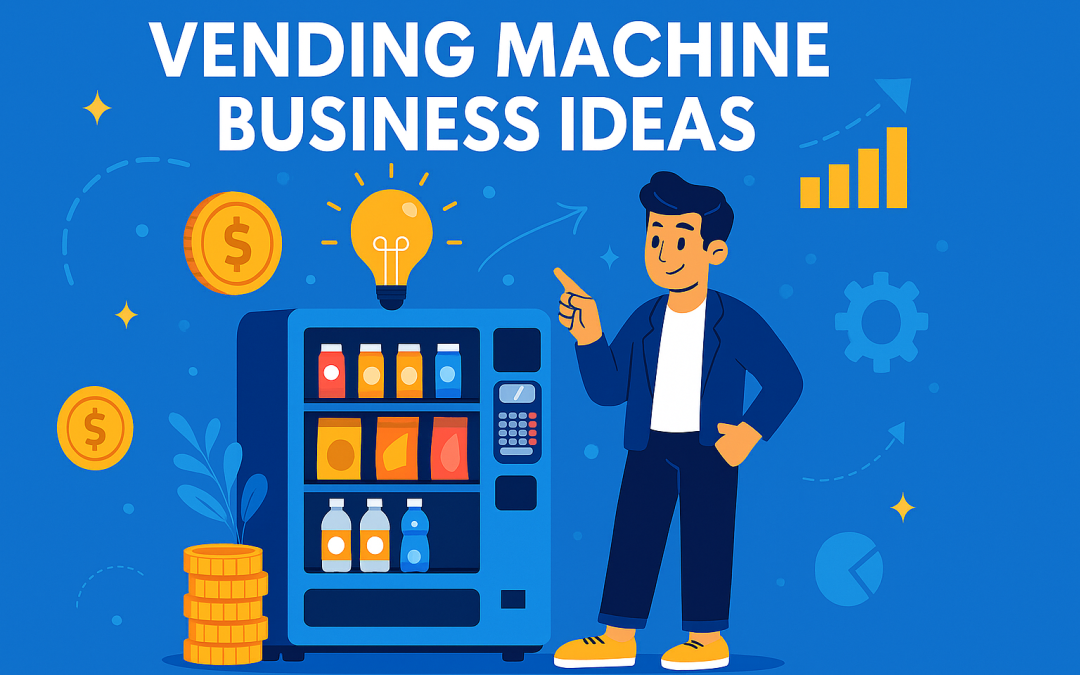
18 innovative vending machine business ideas in 2025
Vending machines often come in handy when you are living a fast-paced life. Since they are usually associated with coffee and quick snacks, you should know that vending machines have the potential to offer so much more. There are numerous vending machine business ideas that you can use to your advantage and with a market projected to grow by USD 34.9 Billion by 2032 you have a perfect opportunity to start this type of business and build your successful vending machine venture.
“Innovation in vending machine niches, from socks to sushi, is where smart entrepreneurs find growth.” – Richard Kim, head of the VendTech Lab
Megan Healey bought her first vending machine in 2021 for £1,400. In just a few years, she expanded to 27 machines across Manchester, Liverpool, and Rochester, earning around £180,000 per year while working just 2–3 days a week. Key to her success: choosing high-traffic locations like aged care homes and focusing on high-margin products like Coca‑Cola, which can yield up to 150% profit per item.
Top 18 vending machine business ideas
To keep you updated with fresh ideas, we did deep research and made a list of the smartest and most prospective vending business ideas for first-time entrepreneurs.
“Successful vending concepts leverage customer needs and location insight, not just product novelty.” – Aila Johnson, vending startup advisor
Quick Take of 18 Vending Business Ideas for 2025
- Socks: High margin, ideal for hotels & gyms
- Snacks & Candy: Impulse buys in high traffic areas
- Food (Sandwich, Pizza, Sushi): Fast meals, machine-ready
- Drinks & Coffee: Refreshment vending at parks, campuses
- Niche machines: Cosmetics, pet food, hygiene, accessories
Scroll down for income potential, launch costs & timelines per idea.
Socks vending machine
A socks vending machine is a vending service that offers a convenient sock inventory for people to purchase when needed. Installed in areas like hotels, gyms, college dorms, and laundromats, the machines provide 24/7 access to clean sock pairs including no-shows, ankle cuts, crew lengths, and more. For just a few dollars, the on-demand availability saves people the hassle of missing that 1 sock from the laundry basket or packing adequately for trips.
Rather than hoping local stores have the size and style you want, quality stocks are dispensed reliably. This solves frustrations like wet shoes from sudden storms or unexpected invites to play basketball with friends after class. While we often ignore sock needs until dealing with discomfort, accessible vending steps up carefree sock peace of mind. As an automated operation, premium socks see strong unit profits from high-traffic host locations while building hospitality.
How much you can make: $5,000 – $50,000 annually per machine
How much does it cost to start: $2,000 – $10,000 per machine
How long does it take to build: 1-3 months
Candy vending machine
Candy vending machines can be a viable small business idea because selling affordable candy snacks via automated counters allows tapping into consumer impulse buying behavior. Stocking vending machines with popular candy bars and placing them strategically at places like malls, schools, offices, etc. provides a convenient snacking option for people while they shop or work there. A portion of the candy sale revenues go towards restocking while the rest becomes earnings after deducting initial machine investment costs. It offers the flexibility to start small with just a few machines and expand over time.
Overall, setting up a network of vending machines selling in-demand candy products allows entrepreneurial owners to passively earn supplemental income. Customers also benefit from the ease and availability of bite-sized candy for quick energy boosts.
How much you can make: $5,000-$20,000/year per machine
How much does it cost to start: $1,000-$5,000 per machine
How long does it take to build: 1-2 months
Snack vending machine
Snack vending machine involves owning and operating vending machines selling salty snacks and installing them at places with high foot traffic. This can make for a viable small business idea because vending machines provide a convenient way for people to grab popular savory snacks like chips, popcorn, nuts etc. while at locations like offices, colleges, and airports. As customers visit these venues, their need for quick snack attacks can be met effortlessly via the machines.
A portion of the snack sale revenue goes towards restocking inventory while the remaining earnings are profits after accounting for the initial machine investment. This presents a scalable opportunity to start with just a few machines placed strategically and expand over time by adding more networks.
How much you can make: $5,000-$20,000/year per machine
How much does it cost to start: $1,000-$5,000 per machine
How long does it take to build: 1-2 months
Soda vending machine
A soda vending machine is a profitable small business since vending machines provide convenient access to popular sodas on the go when people are at places like malls, theaters, parks etc. As customers visit these venues during leisure or work hours, their need for refreshing soda drinks can be met readily via the machines. A portion of the soda sale revenue goes towards restocking while the balance earnings are profits after accounting for machine costs.
This presents an opportunity to start with just a few machines placed strategically and scale up operations via more machines and locations over time. Overall, setting up a group of automated soda vending machines allows entrepreneurs to effectively leverage consumer thirst for sodas to build a reliable supplemental income source.
How much you can make: $5,000-$20,000/year per machine
How much does it cost to start: $1,000-$5,000 per machine
How long does it take to build: 1-2 months
Sandwich vending machine
Sandwich vending machine involves owning and operating automated sandwich vending machines installed at venues with high daily foot traffic. This can make for a viable small business since such machines provide hungry people access to fresh, packaged sandwiches on the go when they are at places like offices, colleges, and train stations. As people rush through their day to places with limited eating options, their need for a quick, hearty sandwich meal can be efficiently met via these machines.
A portion of the sandwich sale revenue allows continual restocking of fresh inventory while the balance earnings are profits after accounting for machine costs. This offers a scalable opportunity to start small with a few machines placed strategically and then expand via more locations. Establishing a network of sandwich vending machines leverages customer convenience while allowing entrepreneurs to passively earn supplemental income based on essential dining needs.
How much you can make: $10,000-$30,000/year per machine
How much does it cost to start: $5,000-$10,000 per machine
How long does it take to build: 1-2 months
Drinks vending machine
Drinks vending machine involves owning and operating automated vending machines that sell various bottled and canned beverages installed at high foot traffic locations. This can make for a viable small business since such machines provide convenient access to drinks like water, juices, tea/coffee, sports drinks, and energy drinks when people are on the go at places like public parks, transit stations, and corporate campuses. As people rush through their day with limited options to purchase beverages, their needs can be efficiently met via these machines.
A portion of the drink sale revenue allows continual restocking of inventory while the balance earnings are profits after accounting for machine costs. This presents an opportunity to start with just a few machines scaled up over time by expanding to more locations. Overall, establishing a network of automated drink vending machines allows entrepreneurs to leverage customer convenience while earning supplemental income passively based on an essential consumer need.
How much you can make: $5,000-$20,000/year per machine
How much does it cost to start: $1,000-$5,000 per machine
How long does it take to build: 1-2 months
Hot coffee vending machine
Hot coffee vending machines are operating automated hot coffee vending machines installed at venues frequented daily by people like office spaces, college campuses, and transit stations. As people need a quick coffee fix to stay energized or warm up during their office hours or commute, their needs can be readily met via these machines. A portion of the coffee sale revenue allows continual restocking of ingredients while the balance earnings are profits after accounting for machine costs.
This presents an opportunity to start with just a few machines scaled up over time by expanding to more high-traffic locations.
How much you can make: $10,000-$30,000/year per machine
How much does it cost to start: $5,000-$10,000 per machine
How long does it take to build: 1-2 months
Pizza vending machine
A pizza vending machine is a profitable business idea since such machines provide hungry people the convenience of tasty pizzas on-demand when they have limited dining options nearby. As people rush through places like college campuses, offices, and transit stations during their busy day, their need for a quick, hot meal can be readily met via these machines.
This presents a scalable opportunity to start with just a few machines placed strategically and expand by getting more locations on lease over time. Setting up pizza vending machines leverages customer convenience while allowing entrepreneurs to earn supplemental income passively based on essential dining needs.
How much you can make: $20,000-$50,000/year per machine
How much does it cost to start: $10,000-$20,000 per machine
How long does it take to build: 2-3 months
Jocelyn Chng launched the world’s first unmanned VendCafe in Singapore, offering hot meals via vending machines. Since then, her venture has redefined how people access food-on-the-go and influenced automatic food retail globally.
Ice cream vending machine
Ice cream vending machine involves owning and operating frozen ice cream vending machines placed strategically at locations with constant foot traffic. As families or groups amble through their leisure days out or shoppers take a break, their impulse for sweet, icy snacks can be readily fed via these machines. A part of the ice cream sale revenue allows restocking while the balance earnings are profit after deducting machine costs.
This offers a scalable chance to start small with a few machines and progressively expand by getting prime spots on lease or partnership. Overall, setting up ice cream vending machine networks leverages customer convenience while allowing entrepreneurs to earn supplemental income passively based on people’s perennial cravings.
How much you can make: $10,000-$30,000/year per machine
How much does it cost to start: $5,000-$10,000 per machine
How long does it take to build: 1-2 months
Salad vending machine
A salad vending machine is operating automated salad vending machines that serve fresh, packaged salads are installed at health-conscious venues with daily foot traffic. As people rush through their days at places like office spaces, gyms, and colleges, their need for quick, fresh meals can be readily met via these machines.
A part of the salad sale revenue allows continual restocking with farm-fresh vegetables while the balance earnings are profits after accounting for machine costs. This presents an opportunity to start with just a few machines placed strategically and expand over time via more locations.
How much you can make: $10,000-$30,000/year per machine
How much does it cost to start: $5,000-$10,000 per machine
How long does it take to build: 1-2 months
Sushi vending machine
This provides hungry customers with a convenient way to purchase tasty, healthy sushi meals and snacks by simply making their selections and payments at the machine. The advantage over regular vending machines is the use of technology to ensure the sushi ingredients are kept fresh and prepared hygienically.
The refrigeration preserves the fish and rice, while the automated preparation eliminates direct handling. Customers benefit from accessing sushi outside of regular store hours. The machine could be placed in areas with high foot traffic for maximum revenue potential. This unique vending machine meets an unmet market need for more grab-and-go sushi options in convenient locations.
How much you can make: $20,000-$50,000/year per machine
How much does it cost to start: $10,000-$20,000 per machine
How long does it take to build: 2-3 months
Chips vending machine
It is a vending machine that dispenses bags of potato chips and other savory snacks. The machine could be placed in high foot traffic areas like train stations, busy city sidewalks, and office buildings for maximum revenue potential. The advantage over regular vending machines is the focus on tasty, crunchy snack foods that many people crave throughout their day.
Customers will appreciate the convenience of grabbing a bag of chips or crisps without having to enter a store. Keeping the snacks fresh and the machine clean using the latest technology is vital. Overall, an automated chips and snacks vending service meets unmet market demand for more readily available crunchy, salty snack options in public spaces and convenient destinations across communities.
How much you can make: $5,000-$20,000/year per machine
How much does it cost to start: $1,000-$5,000 per machine
How long does it take to build: 1-2 months
Laundry detergent vending machine
A laundry detergent vending machine is a vending machine that dispenses small, single-use pods or packets of laundry detergent. This provides a convenient way for people to quickly purchase detergent when they need it, such as when doing laundry at a public laundromat or apartment complex. The advantage is the accessibility and availability of being able to get detergent without having to go to a store. Customers simply make their selection and payment at the machine when they realize they have run out or forgotten their detergent. The machine could be placed in laundry facilities in apartment buildings, colleges, laundromats, etc. – areas where there is high demand for detergent.
Keeping the detergent pods sealed and the machine clean using the latest technology is important. An automated laundromat and apartment laundry detergent vending service meets a market need for easily accessible, small-quantity detergent purchases in places where people do a lot of loads of laundry outside the home.
How much you can make: $5,000-$20,000/year per machine
How much does it cost to start: $1,000-$5,000 per machine
How long does it take to build: 1-2 months
Cosmetics vending machine business
A cosmetics vending machine business is a vending machine that dispenses small, single-use cosmetic products like lipsticks, eyeliners, mascara, and more. This provides a fun, convenient way for customers to quickly purchase makeup items on the go when needed. The advantage is the accessibility and availability of being able to get cosmetics without having to go to a store. Customers can simply make their selection and payment at the machine to get the makeup item they want.
The machine could be placed in areas with high foot traffic of the target demographic, like malls, college campuses, and busy city sidewalks. Using technology to keep the products sealed and machine clean is crucial.
How much you can make: $10,000-$30,000/year per machine
How much does it cost to start: $5,000-$10,000 per machine
How long does it take to build: 1-2 months
Pet food vending machine
Pet food vending machine allows pet owners to conveniently purchase food for their pets when needed, such as when they have run out at home or forgotten to bring food when traveling with pets. The advantage is the accessibility and availability of being able to obtain pet food without having to go to a store. Customers can simply make their selection and payment to get the food their pet needs. The machine could be placed in areas with high foot traffic of pet owners, like veterinary clinics, dog parks, and pet stores. Keeping the food sealed and the machine clean using technology is important.
Overall, an automated pet food vending service meets market demand for more readily available pet food purchases in places pet owners frequent, adding convenience when owners need food while on the go with pets.
How much you can make: $5,000-$20,000/year per machine
How much does it cost to start: $1,000-$5,000 per machine
How long does it take to build: 1-2 months
Phone accessories vending machine
The phone accessories vending machine dispenses various phone accessories like chargers, cables, earphones, and phone cases. This provides a convenient way for customers to quickly purchase needed phone accessories on the go when they have forgotten or lost theirs. The advantage is the accessibility and availability of being able to easily buy phone accessories without having to go to a store. Customers can simply make their selection and payment at the machine. It could be placed in areas with high foot traffic of the target market like transportation hubs, office buildings, and college campuses.
The machine would meet the demand for readily available phone accessories, which people often need to replace while traveling or out. An automated phone accessories vending service offers the convenience of purchasing essential phone accessories from places customers frequent during their daily lives.
How much you can make: $10,000-$30,000/year per machine
How much does it cost to start: $5,000-$10,000 per machine
How long does it take to build: 1-2 months
Feminine hygiene products vending machine
A feminine hygiene products vending machine dispenses feminine hygiene products, including tampons, pads, and panty liners. This provides a convenient and discreet way for customers to access these necessities when needed while out and about. The advantage is offering easy availability of these products without requiring a trip to the store. Customers can quickly make their selection and payment at the machine to get the specific feminine care item they require.
The machine could be placed in restrooms of places with high female foot traffic, like malls, offices, and college campuses. An automated feminine hygiene vending service would meet an unmet demand for conveniently obtaining these necessities in public spaces women frequent, providing accessibility and discretion when required while on the go during one’s day.
How much you can make: $5,000-$20,000/year per machine
How much does it cost to start: $1,000-$5,000 per machine
How long does it take to build: 1-2 months
Books vending machine
A books vending machine provides a fun, convenient way for book lovers to quickly purchase reading material on the go when looking for their next book. The advantage is the accessibility and availability of being able to easily browse and buy books without having to go to a store. Customers can simply make their selection on the machine’s display, pay, and receive their book choice immediately.
The machine could be placed in areas with a lot of book readers’ foot traffic like transportation stations, malls, and college campuses. Meeting spur-of-the-moment demand for books in places bookworms frequent is the goal. Overall, an automated book vending service allows book enthusiasts to make exciting, impromptu book purchases as part of their regular comings and goings.
How much you can make: $5,000-$20,000/year per machine
How much does it cost to start: $1,000-$5,000 per machine
How long does it take to build: 1-2 months
Want to kickstart your vending business faster?
Enterprise League’s platform connects you with suppliers, experienced vending operators, and entrepreneurial partners across industries. Create your free profile or explore our company directory to start networking and sourcing resources today.
Conclusion
Vending machines today offer far more than snacks, some even carry trendy lifestyle items like herbal drinks, wellness products, and accessories such as a water pipe for enthusiasts in specific regions. Not that we’ve come to the end, remember that with dedication and hard work, your vending machine business can grow and flourish, providing you with financial freedom and the satisfaction of being your own boss.
More must-read stories from Enterprise League:
-
Want a business model with less hands-on work? Explore these passive income business ideas for entrepreneurs.
-
Thinking about food and drink? Check out trending coffee business ideas perfect for coffee lovers.
-
On a tight startup budget? These small food business ideas can help you get started without breaking the bank.
-
Looking for high returns? Here are low-investment business ideas with surprisingly strong profit margins.
-
If vending interests you, you’ll love these product-based business ideas you can start today.
Related Articles
How to choose the right business loan in 2025
21 best business movies to teach you important entrepreneurial lessons
Business movies and business documentaries are not just entertaining but educational as well. Veteran and wannabe entrepreneurs can learn a great deal about doing business watching the best business movies over a bowl of popcorn. We went a step ahead and made a list...
19 notorious myths of entrepreneurship debunked
There are so many myths of entrepreneurship circling around that’s it’s hard to know what is true and what not. We’re debunking the biggest entrepreneurship myths!
Who Offers the Best Value for Shade Sails in California – 9 Options for Business Owners
Many business owners may overlook their outdoor areas. However, there are plenty of ways to improve them and make them a more valuable part of your business. Learn about the benefits of shade sails and which companies provide the best value ones in California. Why...
The Enterprise Advantage: How Optimized Cross-Border Shipping Creates Competitive Edge for Growing Businesses
Smart company founders and scale-up leaders rarely talk about pallets and ports, but they should. Shipping choices define customer experience, cash flow and carbon footprint long before marketing or sales shine. Modern cross-border logistics has transformed from a...

